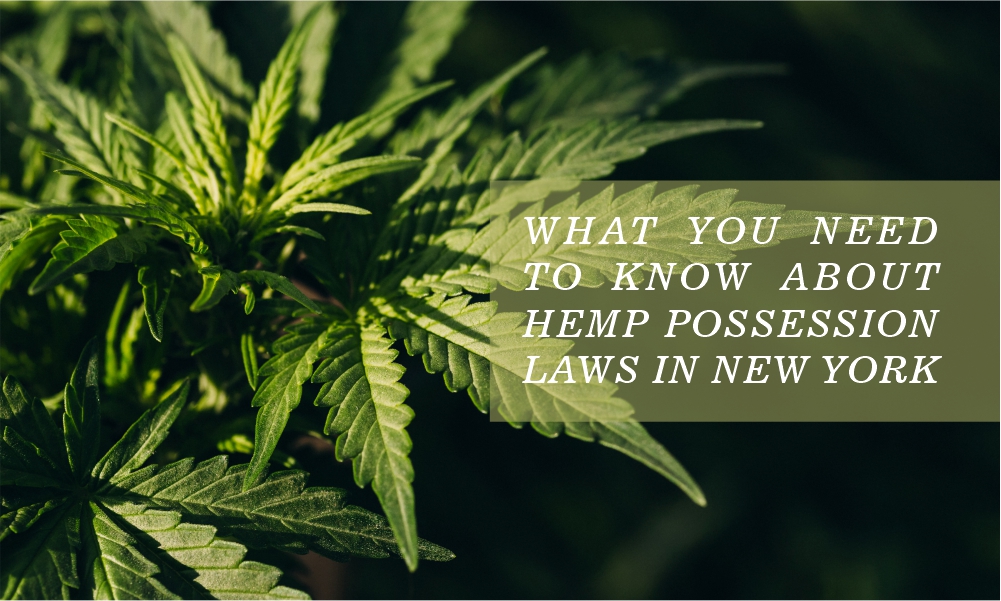The use of MMJ is constantly increasing in the United States, with nearly 23 million people reporting they’ve used it in the past month. With so many people using it, you may wonder how it affects your dopamine levels and the dopamine system within your brain. Does smoking weed lead to lower dopamine levels? Do users experience more cravings for drugs? Is it safe to use pot when you have ADHD? This article will give you all the information you need about it and dopamine so that you can make an informed decision about using this drug in your life or if you are taking care of someone who does use it.
What is dopamine?
Dopamine is released from the brain. It affects brain happiness centers. Dopamine is released when we experience something pleasurable, like eating good food or having sex. This release of dopamine makes us feel happy and can even lead to addiction. The hippocampus, which is important for memory and learning, also releases dopamine as a way to make new memories stronger.
However, the hippocampus will only release dopamine if there was an expectation of getting rewarded; this means that you need some sort of motivation for your memory and learning processes to work well. Arousal, curiosity, stress, and other emotions are all things that motivate the brain. Without them, it becomes difficult to remember information.
In other words, dopamine enhances the formation of memories but doesn’t create them. So while Medical Recommendation in New York affects dopamine levels in the brain by decreasing them, it doesn’t impact how those low levels affect behavior because it won’t impact memory functions without any stimulus (e.g., without any reward).
Drug’s Affect on Dopamine
Dopamine is released from the brain. It affects brain happiness centers. It causes pleasure in human beings. Some examples of these drugs include cocaine, methamphetamine, and nicotine. On the other hand, anxiety is created by low dopamine levels. It is due to drugs that decrease their level. Examples of these drugs include alcohol and some antipsychotic medications.
It affects the dopaminergic system. It binds to specific receptors called cannabinoid receptors. The brain contains these receptors. These areas all have connections to dopaminergic pathways in other parts of the brain like the prefrontal cortex.
Relation between Dopamine and MMJ
Dopamine is released from the brain. It affects brain happiness centers. Drugs like it can increase dopamine levels. It binds to cannabinoid receptors in the brain. A sense of pleasure and happiness is created by it. However, chronic use of it may decrease dopamine levels over time. A person can feel self deprived about himself because of it. For this reason, some researchers believe that frequent MMJ users experience anhedonia-a reduced ability to feel joy or pleasure.
Its withdrawal is also connected with lower dopamine levels in the brain. The symptoms of withdrawal are largely similar to those experienced during opiate withdrawal because they are both triggered by low levels of dopamine. Symptoms include depression, insomnia, anxiety, appetite loss, and cravings for drugs.
5 Ways That MMJ Affects Dopamine Levels
- THC, the main psychoactive component in it, can bind to and activate dopamine receptors.
- This can lead to an increase in dopamine activity and release.
- Some studies have found that chronic MMJ use may lead to a decrease in dopamine activity.
- However, it’s not clear if this is due to the direct effects of THC or other factors such as stress or anxiety.
- Overall, more research is needed to understand how it affects dopamine levels in the brain.
Things To Know About MMJ And Your Heart
- The active ingredient in it, THC, can increase your heart rate.
- Its use has been linked to an increased risk of heart attack and stroke.
- Its use can also lead to an irregular heartbeat (arrhythmia).
- If you have a heart condition, it’s important to talk to your doctor before using it.
There is limited research on how 420 Evaluation in New York affects people with heart disease. 6. But what we do know is that 420 evaluation has been associated with worsening symptoms for those who already have cardiovascular problems like arrhythmias or high blood pressure. In other words, if you have a heart condition, it’s important to talk to your doctor before using it. However, for healthy adults, there doesn’t seem to be much risk from occasional MMJ use.
Though some studies suggest it may help reduce anxiety and chronic pain, these are still early days as far as research goes. So while some studies suggest there may be some health benefits from smoking weed occasionally, more work needs to be done before experts can definitively say yes or no.
Final Thoughts
It has been shown to increase dopamine levels in the brain, which is why it is often used as a medication for people with conditions like Parkinson’s disease. However, too much dopamine can lead to psychosis, so it is important to use it responsibly. One study found that rats given THC saw increased production of both dopamine and norepinephrine (another neurotransmitter).
Another study found that some users who smoke cannabis have higher blood concentrations of homovanillic acid, a substance created when dopamine breaks down. It should be noted that these studies are not conclusive; some research suggests that regular smokers may have lower than average levels of certain types of dopamine receptors.




